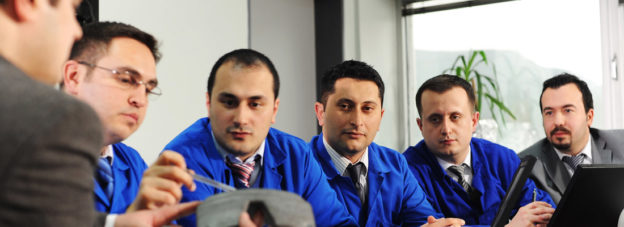In re 3M Bair Hugger Litig., 2019 Minn. App. LEXIS 11, the Minnesota Court of Appeals analyzed the applicable standard for determining whether or not expert opinion testimony based on a novel scientific theory is admissible. Using the Frye-Mack standard, the court reinforced that if an expert opinion involves a novel scientific theory, the underlying evidence used to formulate that theory must be generally accepted in the relevant scientific community. The court further articulated the standard by confirming that, pursuant to Minn. R. Evid. 702, the Frye-Mack applies to novel scientific theory, not novel science. Once the standard is deemed applicable, the court must find the novel scientific theory to be generally accepted in the scientific community to admit the expert’s testimony. Although 3M does not discuss subrogation matters, its analysis should apply with equal force to opinions offered by experts in subrogation cases. Continue reading


